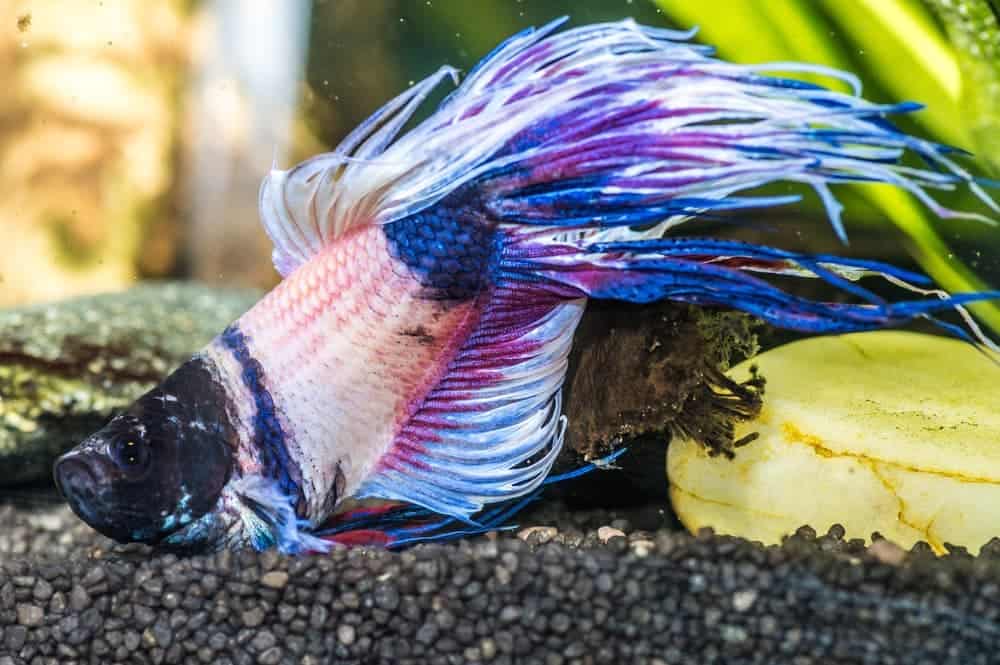hello, everyone. I am new to the hobby and have had the tank set up with fish int it for only a few months now. I have a 60 gallon tank populated with 13 Platies, 8 zebra danio, 6 oto cats, 1 dwarf gourami, and 8 glass shrimp.
The tank is planted with some amazon swords, a moss ball, dwarf baby tears, new zealand micro swords and some brown amd green algae. have some driftwood, petrified wood and a holey piece of limestone in there; the substrate is gravel that came with the tank second hand, and running a magnum 330 filter. Ph is around 7.5. No CO2 system dosing with flourish excel and potassium. Lighting is t8, 2 bulb overhead total to 72watt, 26000K.
I noticed the platies occasionally rubbing themselves on the leaves of the amazon swords. At first I thought this might be ick, but have not seen any white spots on them and they don't do it very often. I have not seen any of the other fish in the tank doing this.
I have lost a few of the platies to what looked like fin rot, and a couple of oto cat had also died. I originally had 5 and added 3 more about 2 weeks ago. I had read that it is common to lose a few?
Due to the fin rot like symptoms I decided to treating the entire tank with primafix and melafix. I am on day 5 of the treatment and the fish seem to be doing better overall, but the platies still occasionally rub themselves on plants, and often hang out at the top of the tank behind a power head? I vacuumed the gravel and did a partial water change then turned of the canister filter before starting the treatment.
how often do fish itch themselves when they have ick? is it common for them to do it otherwise?
Ph 7.5
Ammonia 0 ppm
Nitrite 0 ppm
Nitrate ~15 ppm
The tank is planted with some amazon swords, a moss ball, dwarf baby tears, new zealand micro swords and some brown amd green algae. have some driftwood, petrified wood and a holey piece of limestone in there; the substrate is gravel that came with the tank second hand, and running a magnum 330 filter. Ph is around 7.5. No CO2 system dosing with flourish excel and potassium. Lighting is t8, 2 bulb overhead total to 72watt, 26000K.
I noticed the platies occasionally rubbing themselves on the leaves of the amazon swords. At first I thought this might be ick, but have not seen any white spots on them and they don't do it very often. I have not seen any of the other fish in the tank doing this.
I have lost a few of the platies to what looked like fin rot, and a couple of oto cat had also died. I originally had 5 and added 3 more about 2 weeks ago. I had read that it is common to lose a few?
Due to the fin rot like symptoms I decided to treating the entire tank with primafix and melafix. I am on day 5 of the treatment and the fish seem to be doing better overall, but the platies still occasionally rub themselves on plants, and often hang out at the top of the tank behind a power head? I vacuumed the gravel and did a partial water change then turned of the canister filter before starting the treatment.
how often do fish itch themselves when they have ick? is it common for them to do it otherwise?
Ph 7.5
Ammonia 0 ppm
Nitrite 0 ppm
Nitrate ~15 ppm

Comment